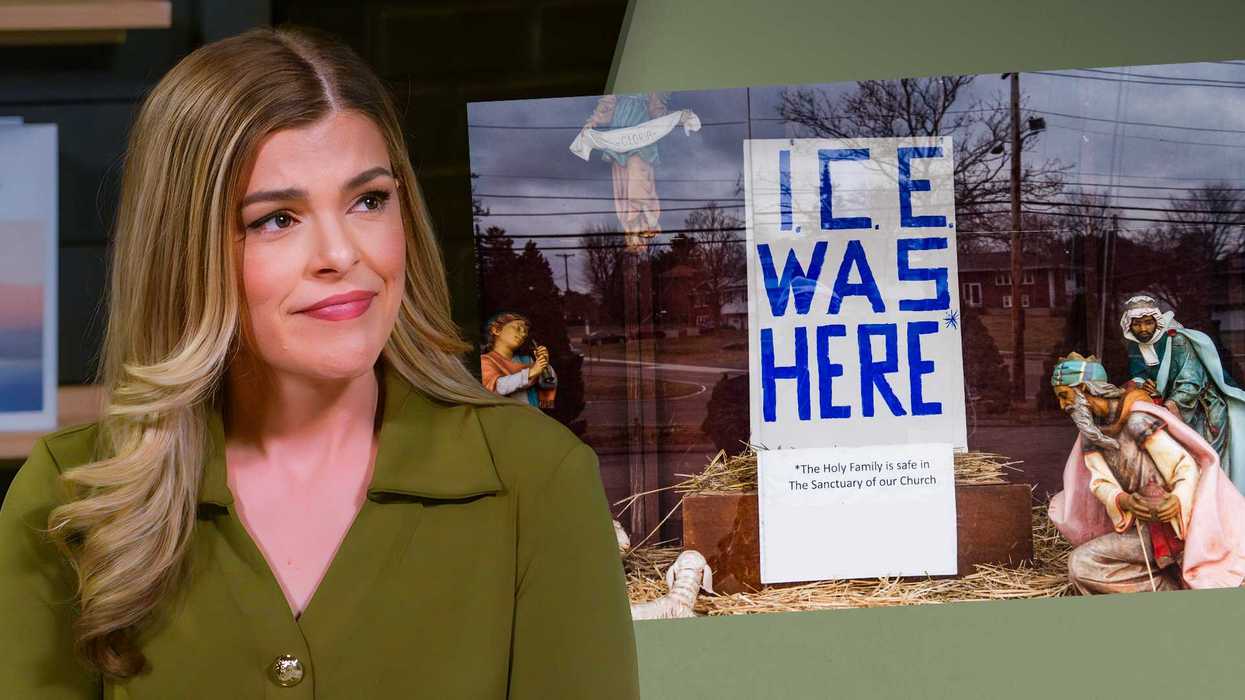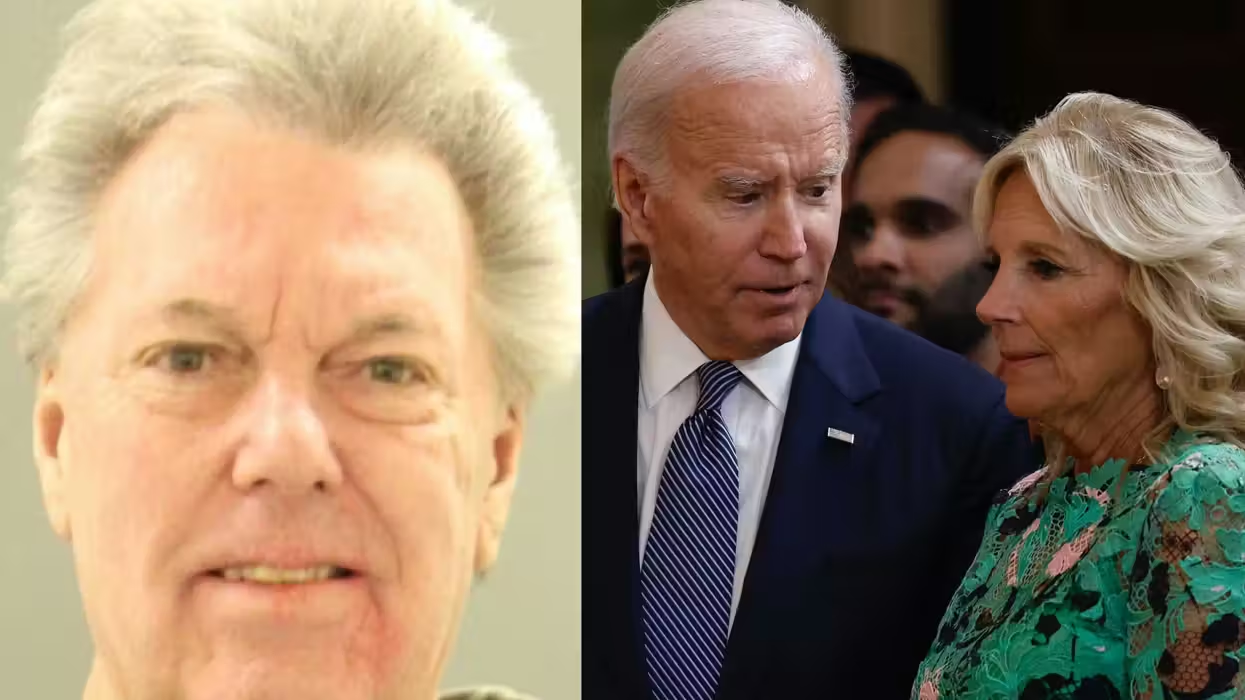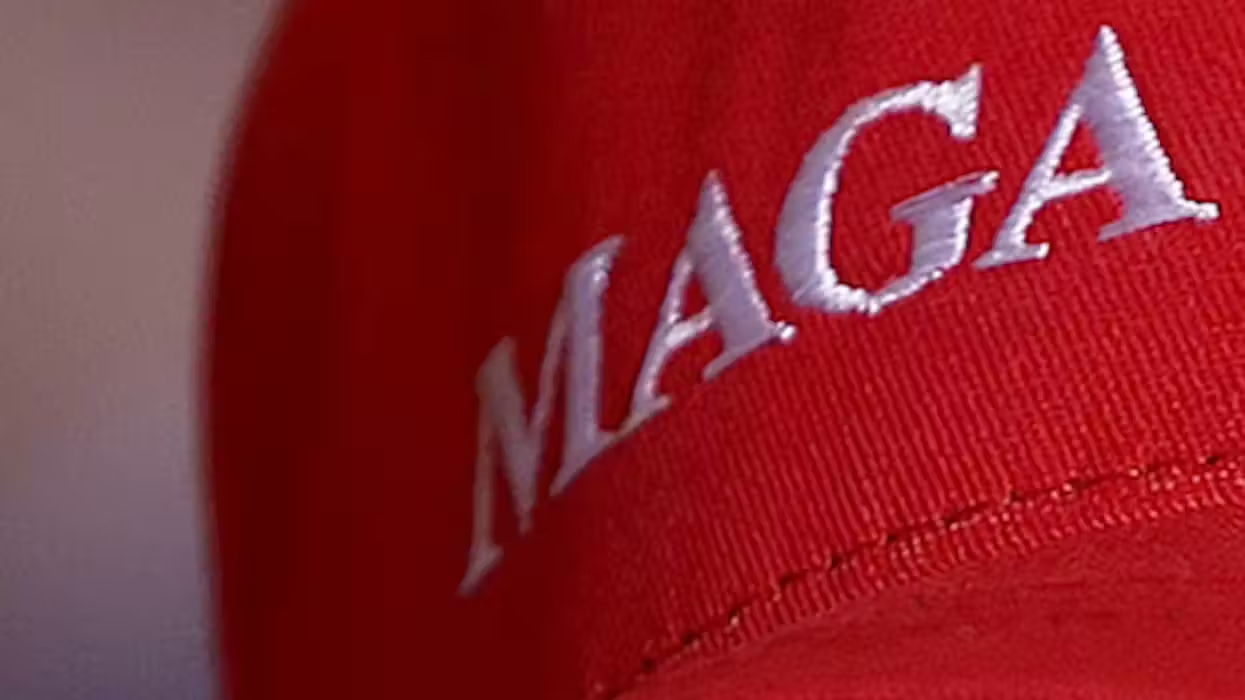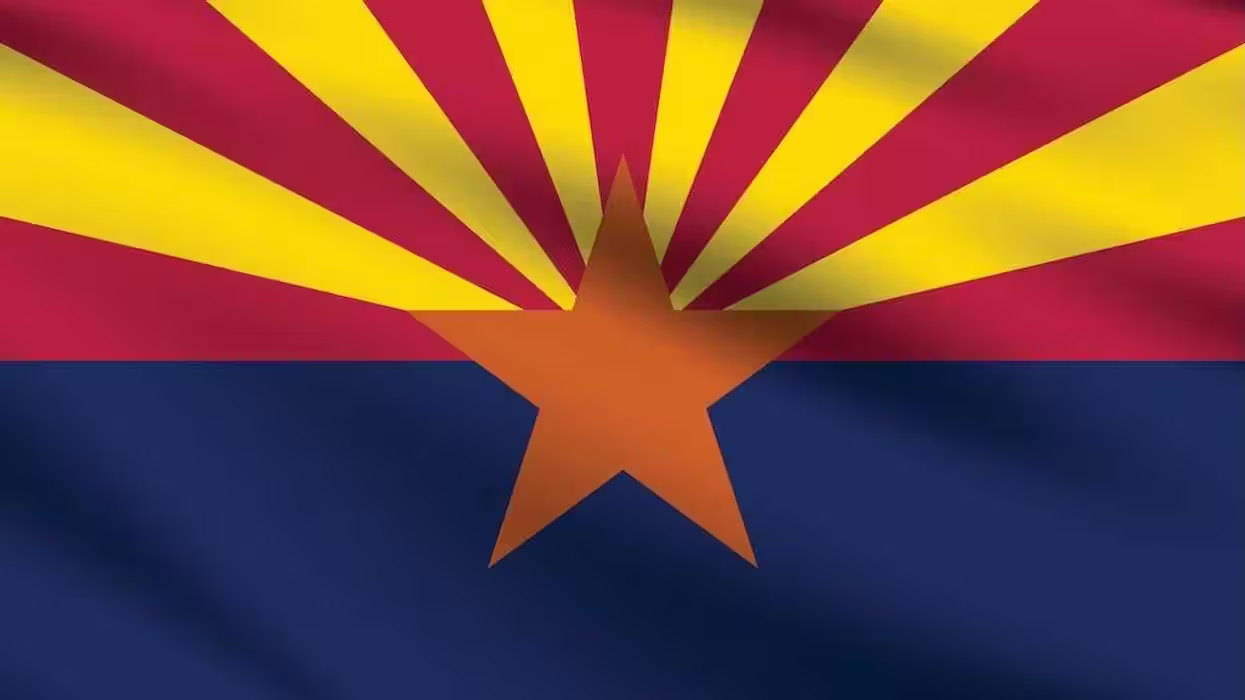
© 2026 Blaze Media LLC. All rights reserved.
New Book Disputes Claim That Thomas Jefferson Fathered Child of Slave
September 01, 2011
The book is intended to provide substance for rigorous academic debate.
 A new book, slated for release Thursday, September 1, is debunking the age-old theory that Founding Father Thomas Jefferson fathered a child with Sally Hemings, one of his slaves.
A new book, slated for release Thursday, September 1, is debunking the age-old theory that Founding Father Thomas Jefferson fathered a child with Sally Hemings, one of his slaves.
A panel of historians, formed at the behest of the Thomas Jefferson Heritage Society, reportedly worked without compensation to research the book's -- “The Jefferson-Hemings Controversy: Report of the Scholars Commission” -- findings.
Richard Dixon, an editor for TJHS, said the book will provide substantive academic material to be used in ongoing debate.
“The reason that this book is important is that it does address these, we might call them, reasons why Jefferson could have been the father, in a detailed manner, and shows the fallacies in these reasons, and should bring the reader back to a point where the issue is not proven,” he said.
The hotly contested debate over whether Jefferson fathered a child with his slave has engrossed historians for years. The Washington Times reports:
The debate has ensnared historians for years, and many thought the issue was settled when DNA testing in the late 1990s confirmed that a Jefferson male fathered Hemings' 'youngest son, Eston. But, with one lone dissenter, the panel of 13 scholars doubted the claim and said the evidence points instead to Jefferson’s brother Randolph as the father.The scholars also disputed accounts that said Hemings' children received special treatment from Jefferson, which some saw as evidence of a special bond between the third president and Hemings.
“It is true that Sally’s sons Madison and Eston were freed in Jefferson’s will, but so were all but two of the sons and grandsons of Sally’s motherBetty Hemings who still belonged to Thomas Jefferson at the time of his death. Sally’s sons received by far the least favorable treatment of those freed in Thomas Jefferson’s will,” said Robert F. Turner, a former professor at the University of Virginia who served as chairman of the commission.
Mr. Turner made the remark in a statement announcing the release of the book, “The Jefferson-Hemings Controversy: Report of the Scholars Commission.”
Among the historians charged with researching the issue, beliefs on Jefferson having sired a child with Hemings vary from “serious skepticism” to “almost certainly false.”
Among the academic evidence presented in the book:
• Claims that the relationship between Hemings and Jefferson started in Paris are unlikely because she was living with his daughters at their boarding school across the city at the time.• The “Jefferson family” DNA used in the 1998 test came from descendants of his uncle, which the scholars said means any one of two dozen Jefferson men living in Virginia at the time Eston was conceived could have been the father.
• The 1802 rumors centered on Thomas Woodson, who was said to have been one of Hemings‘ children. But tests of three Woodson descendants failed to show a link to Jefferson family DNA. Also, no documentation supports claims he was Hemings' child.
• Oral tradition from Eston Hemings’ family initially said he was not the son of the president, but rather of an “uncle” — which the scholars think is a reference to Randolph Jefferson, the president’s brother, who would have been referred to as “uncle” by Jefferson’s daughters.
The scholars are set to hold a news conference Thursday at the National Press Club to discuss the book. Meanwhile, Turner is challenging scholars on the other side of the issue to rigorously debate the matter in a public forum.
Want to leave a tip?
We answer to you. Help keep our content free of advertisers and big tech censorship by leaving a tip today.
Want to join the conversation?
Already a subscriber?
more stories
Sign up for the Blaze newsletter
By signing up, you agree to our Privacy Policy and Terms of Use, and agree to receive content that may sometimes include advertisements. You may opt out at any time.
Related Content
© 2026 Blaze Media LLC. All rights reserved.
Get the stories that matter most delivered directly to your inbox.
By signing up, you agree to our Privacy Policy and Terms of Use, and agree to receive content that may sometimes include advertisements. You may opt out at any time.






